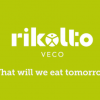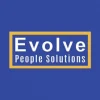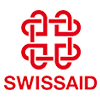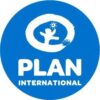Consultant Opportunity at Rikolto – FICAP Project
Job Overview
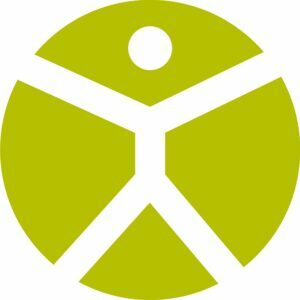
Consultant Opportunity at Rikolto – FICAP Project
TERMS OF REFERENCE
Mid term Review for Water for Resilient Communities and Food Systems in Northern and Southern Highlands, Tanzania (FICAP Project)
1.2. Background
Rikolto is an international network organisation with over 50 years of experience in partnering with food chain stakeholders in Africa, Asia, Europe and Latin America. We build bridges of trust and trade between the food industry, governments, research institutions, financial institutions and farmers’ organisations around one central question: ‘What will we eat tomorrow? Rikolto global strategy is directed towards structural changes in the agri-food system and upscaling of well-functioning practices and policies that unlock the farming potential of a critical mass of small holder farmers. Clear structural change/up-scaling agendas are agreed upon for which specific strategies and actions are developed. This is followed by design of concrete interventions in pilot chains to experiment, learn and build evidence to influence the agreed changes.
Rikolto in East Africa secured a 3-year funding from Flanders (2023-2026) for a horticultural project to demonstrate and scale up the use of integrated solar-powered drip irrigation systems in the Northern and Southern Highlands of Tanzania to strengthen smallholder vegetable and fruit farmers’ resilience to increasingly erratic weather patterns and protect and conserve water sources.
We are seeking a consultant (or team of consultants) to coordinate the Mid-term survey measuring the outcome of our project over the past two years. The consultant will work under the supervision of the Rikolto programme team to gather data from farmers, BDS provders and partners through desk reviews, individual interviews, focus group discussions, and interactions with key informants such as local coaches, extension officers, traders, other value chain actors, and district authorities in each region.
Project Summary:
Main Objective: To support Tanzania’s climate change intervention strategies including the protection and conservation of water resources by stimulating the adoption of irrigation systems that are economically viable and environmentally sustainable in smallholder farming communities in Meru and Rungwe districts and scale-up of this model into Northern and Southern Highlands of Tanzania.
Specific objective 1 To demonstrate how to reduce the impact of erratic water availability on the livelihoods of vegetable and fruit farmers in Meru and Rungwe district and to strengthen their resilience against the effects of climate change through the adoption of integrated solar-powered drip irrigation systems.
Specific objective 2 To reduce the environmental pressure of vegetable and fruit farming in Meru and Rungwe district on water resources through more sustainable water management, including practices to increase rainwater harvesting and infiltration and to reduce water usage from natural water sources (wells, rivers, lakes) from vegetable and fruit farming by 70%.
Specific objective 3 To scale up integrated solar-powered drip irrigation systems as a resilient water management solution, affordable for smallholder farmers, in Arusha, Kilimanjaro, Mbeya and Songwe region by January 2026.
Expected Results
Result 1. Smallholder farmers in targeted value chains in Meru and Rungwe districts will increase their productivity by 40 % and improve the quality of their crops, resulting in an increase of selling price/kg by 25% by having secure water supply for cultivation while decreasing dependency on fossil fuels.
Result 2. Diversified sources of water (rainwater harvesting) and increased efficiency in water usage (irrigation technology and water saving techniques) result in a decrease of water volume taken from natural sources measured by % decrease in water need per unit area.
Result 3. Minimum 700 vegetable and fruit farming households in Arusha, Kilimanjaro, Mbeya and Songwe region have adopted affordable solar-powered drip irrigation and sustainable water management on their farm by January 2026. In addition, 9,000 farmers have benefited from water harvesting and management techniques.
1.1 Target population
The Water for Resilient Communities and Food Systems project has been implemented in the Southern Highlands and Northern Tanzania, targeting Mbeya, Songwe, Kilimanjaro, and Arusha. The project has also been scaled up to Dodoma, Njombe, Iringa, Morogoro, and Tanga regions. The objective is to stimulate the adoption of irrigation systems that are economically viable and environmentally sustainable in smallholder farming communities in the target regions, aiming for 700 solar-powered pumps and 9,000 smallholder farmers adopting sustainable practices.
1.2. Purpose
The purpose of this ToR is to outline the objectives, scope, and methodology for mid term evaluation of FICAP project which aims to assess the project’s results compared to Baseline information
- Objectives
The objective of this assignment is split into two: the General objectives – overall performance of the project and the Specific Objectives which will report on specific items of the project deliverables.
2.1. General Objective
To conduct a comprehensive Mid term evaluation to assess the effectiveness, impact, and sustainability of the project intervention. The assessment will judge:
- Overall performance indicators in terms of quantitative and qualitative achievements of the project that will be used to update the project indicators and log frame.
- Assess the extent of the project contribution on overall project impacts
2.2. Specific Objectives
-
- Evaluate progress against the agreed indicators established (per Logframe)
- Analyze changes and results resulting from the project activities.
- Share evidence-based results and impact of the FICAP project, creating knowledge evidence from the interventions for other users.
- Draw learnings collected from the project implementation status and challenges.
- Provide actionable recommendations for future projects or similar initiatives.
- Scope of Work
The consultant(s), with the support of Rikolto East Africa Program team, will lead the survey process for the project in project operational areas. The survey will use both quantitative and qualitative methods depending on the data requirement of the proposed indicators. For the quantitative method, it will use a standardized questionnaire to address agreed indicators. To maintain the quality of the data, as much as possible data collection will be conducted using Digital Data Gathering (DDG) Devices. Hence, the questionnaire that will be prepared should be in line with the DDG template. A statistically representative sample will be taken for the survey based on project and geographical representation. Sampling design should include representation of all groups targeted by the project and Do-No Harm principles.
This assignment is to be completed within a maximum of 40 days from inception.
Roles and Responsibilities
Consultants Roles:
During the delivery of the survey, the consultant(s) role will be:
- Preliminary activities
- Prepare inception report and hold inception meeting with Rikolto East Africa technical team and conduct a desk review to understand the project context and focus.
- The Desk review will include looking at the needs assessment report, Project proposal, Contextual analysis report from operational areas, including prior surveys conducted by Rikolto East Africa, Tanzanian national statistics or policy documents for the Nothern and Southern Highlands and specialised studies.
- Develop a matrix describing data collection tools, defining the data requirement, data sources and the methods of data collection for each indicator. The tool should be able to capture all administrative levels data, disaggregated by gender, age, and disability etc;
- Team Recruitment training and payment of experienced enumerators to conduct data collection in five regions.
- Identifying experienced enumerators and other team members is vital for conducting the surveys
- Acquinting the team with basic knowledge/information about the assignment
- Training enumerators on survey tools which will be deployed for data collection
- Supervising the team throughout the activity.
- Survey Design
- Sharing a proposal of appropriate Survey method, sample size, sampling methodology and sample replacement to Rikolto Technical team (programme Management and PLA teams).
- Develop data collection tools (farmers surveys, FGDs, Interview) actionable for gathering project information.
- Digitalizing the data collection tools (Questionnaires, Interviews, etc) for easy accessibility and safe storage of data.
- Ensure alignment with the survey tools used in the and midterm evaluations for comparability.
- Data Collection Methodology
- Define sampling method, sampling size at all levels.
- Preparing data collection tools (i.e Interview guides, Questionnaires, FGD) that will be used for farmers, farmer groups, extension officers, buyers, other value chain actors and LGA in the area. – Swahili and English versions
- Sharing the project on Kobo Collect with the Rikolto evaluation team to review real-time progress of data collection
- Pre-testing and reformatting the data collection tools where necessary
- Supervise data submissions by all enumerators and clean the data within Kobo Toolbox
- Mobilize the enumerators, organize logistics and guide the process of data collection in five regions while ensuring confidentiality of data by not sharing with unspecified users.
- Conducting in-depth interviews and FGDs to the sampled farmer, village-based extension officers and other value chain actors.
- Data Analysis Plan
- Triangulating data from all sources and analyzing both qualitative and quantitative data for a thorough and informative report, which enables Rikolto’s Management to take informed decisions and draw learnings from it.
- Sharing a complete raw data set used for analysis
- Using credible statical analyzing tools such as STATA, SPSS e.tc for data summarization, analysis and visual presentation for easy understanding.
- Reporting
- Preparing a comprehensive report of the Survey and data analysis
- Produce a comprehensive data analysis report, containing a full analysis of the closed-ended questions collected via DGD, particularly Kobo Collect, and a systemisation of the qualitative information collected via semi-structured interviews with key informants via FGDs etc.
- Sections for recommendation providing insight for potential similar projects, lesson learnt and sustainability strategy
Rikolto’s roles
- The number of enumerators should be reviewed by Rikolto Evaluation team
- Reviewing real time data collection for guiding data cleaning and missing information
- Introduce the consultants and enumerators in our strategic area of work to LGAs and District level.
- Provide all the project documents required for the desk review and provide administrative support for the process to run smoothly.
- Supervise the development of questionnaires in Kobo toolbox (for digitalised data collection via Kobo Collect)
- Review and approval of the questionnaires and data collection tools to be used for interviews, FGDs etc.
- Support in scheduling data collection process and mobilization of interviewees.
- Support the data collection activities by providing technical assistance whenever needed.
- Rikolto will supervise enumerators training, pre-testing of data collection tools and ensure smooth process from time to time during data collection.
- Ensure logistical arrangements are in place for the survey team at all administrative levels.
- Provide comments on the draft report and supervise the entire survey process.
Proposed Implementation schedule
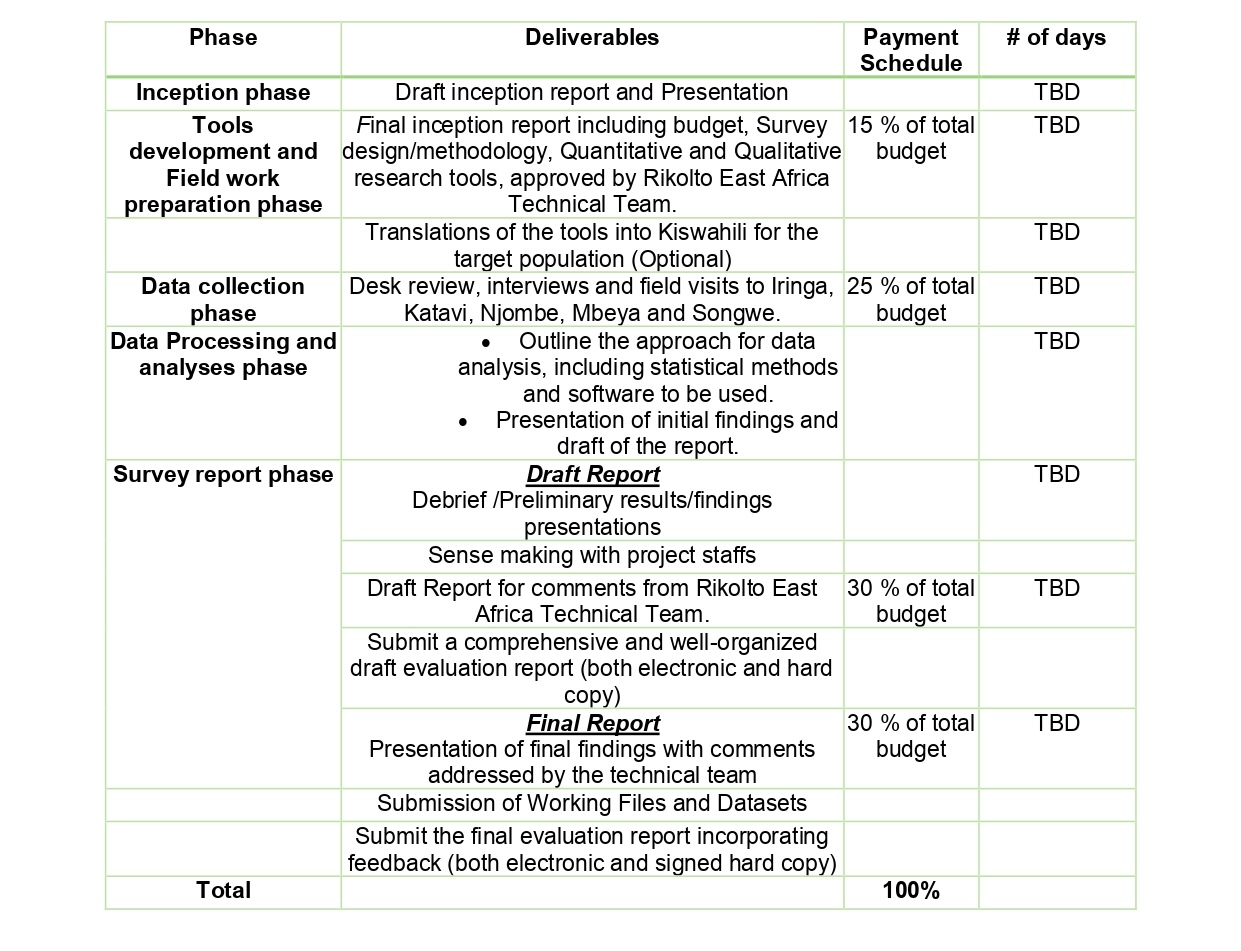
Annex 1: Report Format
The proposed format for the final survey report is as follows:
- Cover page, Table of Contents, List of Acronyms.
- Executive Summary should be a clear and concise stand-alone document that states the most salient findings, conclusions, and recommendations of the study and gives readers the essential contents of the report in two or three pages. The Executive Summary helps readers to build a mental framework for organizing and understanding the detailed information within the report.
- Introduction and Background should include Background, purpose, audience, and synopsis of task.
- Methodology should describe sampling design, study methods, data collection techniques, constraints and limitations of the study process and rigor, and issues in carrying out the survey.
- Overview of the Current socio-economic and political Situation: a brief overview of the current food security situation in the country including other political economy aspects.
- Tabular summary of results should present Mid term findings in table form for all the indicators
- Findings and Interpretation should present findings in response to the study questions. values must be presented in quantitative format and complemented by descriptive analysis.
- Conclusions and Recommendations should provide additional analysis of the data and results, drawing out programmatic and organizational recommendations for planning or modifying program design. Recommendations must be relevant to the program and context and include concrete and realistic steps for implementing or applying the recommendation.
- Annexes should document the study methods, scope of work, schedules, interview lists and tables and be succinct, pertinent, and readable.
- References, including bibliographical documentation, meetings, interviews, and focus group discussions.
- List of stakeholder group with number, type, and date of interactions.
- Confirmation of Selection of districts, wards, villages, list of existing groups in the in the target villages and wards
- Confirmation of the horticulture crops in the target wards and villages
- Data collection instruments in English, including qualitative protocols developed and used.
- Data sets in electronic format.
- Data dictionary and program files are used to process the data in electronic format.
- study SOW; and
- Other special documentation identified as necessary or useful.
Annex 2: Outline of Technical and Financial Proposal Format.
- Proposed Outline of the Technical Proposal
It is mandatory that the proposal should maintain the following format:
- Title of the survey
- Understanding of the Task
- Technical aspect of the proposal
- Methodology (sampling design and strategy, data collection methods, Data Processing & Analysis, Data quality control measures)
- Operational plan, Proposed team with names and curriculum vitae
- Submitted by: (with contact details) Detailed consulting company/firm profile and CVs of the team members must be included and submitted with technical proposal in the annexure of the technical proposal.
- Outline of the Financial Proposal
The budget of the task should be broken in detail as in the following format:
- Consultancy fees.
- Questionnaire development cost.
- Data collection cost.
- Communication and transportation costs.
- Data processing & analysing cost; Reporting cost.
- Miscellaneous (stationeries, printing, etc);
- Tax-related costs.
- All costs should be quoted in Tanzania shillings.
- All the pages of the financial proposal should be signed by the respective person of the firm/bidder.
Mode of Application.
Qualified candidates (either Individual Consultants or Consultants Firm) are invited to submit their Technical and Financial proposal with the following documents:
- Cover letter,
- CV of proposed consultant teams including reference details of previous clients.
- References with detailed contact address of at least 3 organizations in which the consulting firm provided similar services recently.
- Samples of 2-3 similar previous work pieces (assessment/survey/ survey/evaluation).
Submit your proposals via email [email protected] by 4th March 2025 and should indicate the source of advertisement and indicating the title of the survey on the subject line.
Only shortlisted candidates will be contacted. If you do not hear from us within two weeks, please consider your submission unsuccessful. For more details on this consultancy opportunity, please visit this Link
Consultant Opportunity at Rikolto – FICAP Project



